Independent media's latest stink bomb: Fake writers
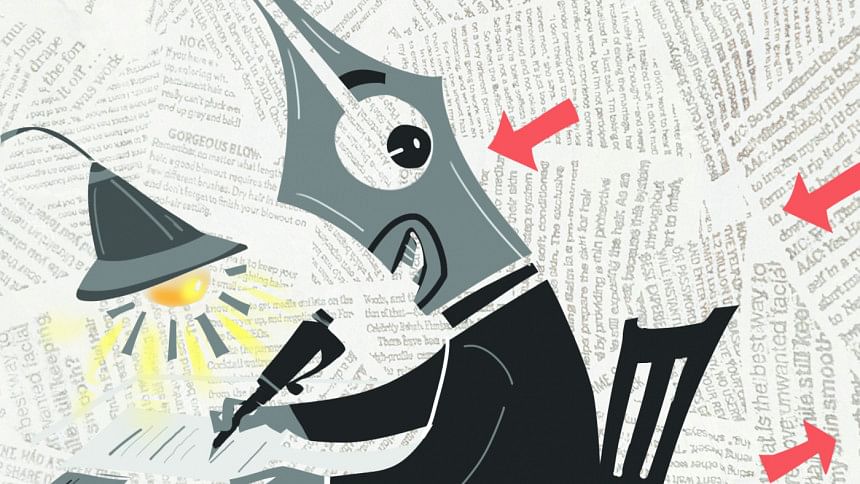
Attacks on independent media constitute one of the biggest threats to democracy all over the world. While we are all familiar with how political thuggery and laws are used and designed to muzzle the freedom of independent media, the latest blow is the onslaught of fake news, often used as propaganda for governments, both local and foreign. Journalism is now being attacked by a new virus: op-eds written by fake writers.
In the "old days" of journalism, when it came to news, journalists considered the most important aspect of it to be verifying information, especially if there were allegations made against a person or entity in a report. This was done by including multiple sources and conducting thorough fact-checking. When it came to features or op-eds that seemed a little too well-written to be true, the easiest thing was to do a Google search of a paragraph or phrase and, sure enough, we would find the usual copy-paste job of the plagiarist. Unfortunately, many eminent writers have been caught using such unethical means which were then exposed with the help of internet searches. Sometimes the real writers contacted newspapers and expressed their outrage at their writing being lifted by others without any kind of acknowledgement. Other times, it was a gut feeling that a sub-editor had of "something not feeling right."
But now, editors have another big headache in trying to catch fake writers. For editors of English-language papers and media outlets in Bangladesh, a country where most people prefer to write in their mother tongue Bangla, finding people who write in English is challenging, and one of the greatest pleasures is to be sent opinion pieces that are well-written with salient arguments and, most of all, impressive credentials. If the writer claimed to be associated with reputable institutions (or at least reputable-sounding ones), and was found to have written other pieces for various well-known media outlets, and even had a believable author or social media profile, we thought it was enough to feel confident that they were who they said they were.
Now we know that this is not always the case.
A recent AFP investigation has found hundreds of articles in Bangladeshi and international media written by authors that may not even exist. Now that's a new stink bomb for the media. The articles were written with a particular agenda – to praise government policies or showcase arguments in favour of particular countries. Using fake photos and bios, these "writers" have been fooling the media (The Daily Star included), and consequently the public, for quite some time.
According to the AFP report, this is part of a "sustained campaign" of disinformation by "unknown actors" ahead of the national election due by the end of January next year, and is intended to help the ruling party government.
The fake writers pose as experts, usually academics from leading universities abroad. They even have fake headshots. The more these "experts" get their articles published, the more difficult it is to detect their fraud. The AFP report also suggests that a rush of such articles appeared online around September 2022, after the foreign ministry called for "good columnists" to offset the deluge of "negative propaganda."
This onslaught of ghostwriters, with believable profiles and credentials, will create a new level of vulnerability for the public who want to read expert views and analysis of issues that affect them. Now that some imposters have been exposed to readers, it may make them question the real ones.
Thus, the new challenge for the independent media is to detect which stories are being "fed" by certain quarters and which columnists are actually non-existent. This means that even if they have been published in various well-known platforms and say they are researchers from the University of Melbourne or some well-known or lesser known university abroad, we cannot automatically assume that they are real.
Editors, therefore, are in quite a fix. On the one hand, they are looking for fresh voices and a diversity of views to enliven their opinion pages, and on the other, they must be super vigilant of certain vested groups trying to push their agenda through opinion pieces written by ghostwriters or, worse, by bots. Thus, the scope of creating a platform for new writers and fresh perspectives has become more restricted. It also means that media outlets have to be extra-careful and only publish articles or opinion pieces written by known writers or those that have been referred to by reliable people.
For the public, it is a conundrum almost impossible to solve. Research has found that most people get their news from social media posts, which makes them vulnerable to fake news or news that is skewed to promote the agenda of some group, usually a political party. We have seen how this has been done, especially before elections in the US, India, and in our own country. But this onslaught of ghostwriters, with believable profiles and credentials, will create a new level of vulnerability for the public who want to read expert views and analysis of issues that affect them. Now that some imposters have been exposed to readers, it may make them question the real ones. This facilitates further brainwashing through informal channels (such as social media platforms like Facebook or vide streaming platforms like YouTube) where misinformation and baseless views freely circulate.
The task ahead for independent media, therefore, is quite daunting; though not impossible. The media must now adopt even more stringent and clever ways of gatekeeping with the help of technology. Just as AI-driven tools like ChatGPT can generate news content based on a few keywords and phrases which could be used to dupe an editor, extra layers of checking and verifying through other tools will be able to detect the fake writers. Independent media must collaborate with fact-checking groups to fight this new virus. In fact, the advent of fake writers, as with the emergence of fake news, will awaken the media from its complacency and force it to up its game in terms of not only basing stories and views on meticulously verified facts and figures, but also conducting thorough screenings of columnists and contributors to make sure their credentials and views are authentic. Surely, that's a good thing.
Aasha Mehreen Amin is joint editor at The Daily Star.
Views expressed in this article are the author's own.
Follow The Daily Star Opinion on Facebook for the latest opinions, commentaries and analyses by experts and professionals. To contribute your article or letter to The Daily Star Opinion, see our guidelines for submission.

 For all latest news, follow The Daily Star's Google News channel.
For all latest news, follow The Daily Star's Google News channel. 
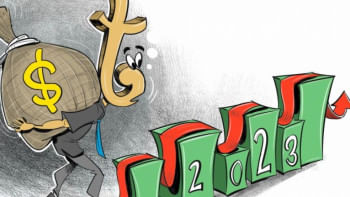


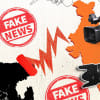
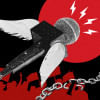
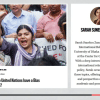
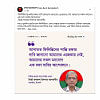
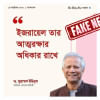


Comments